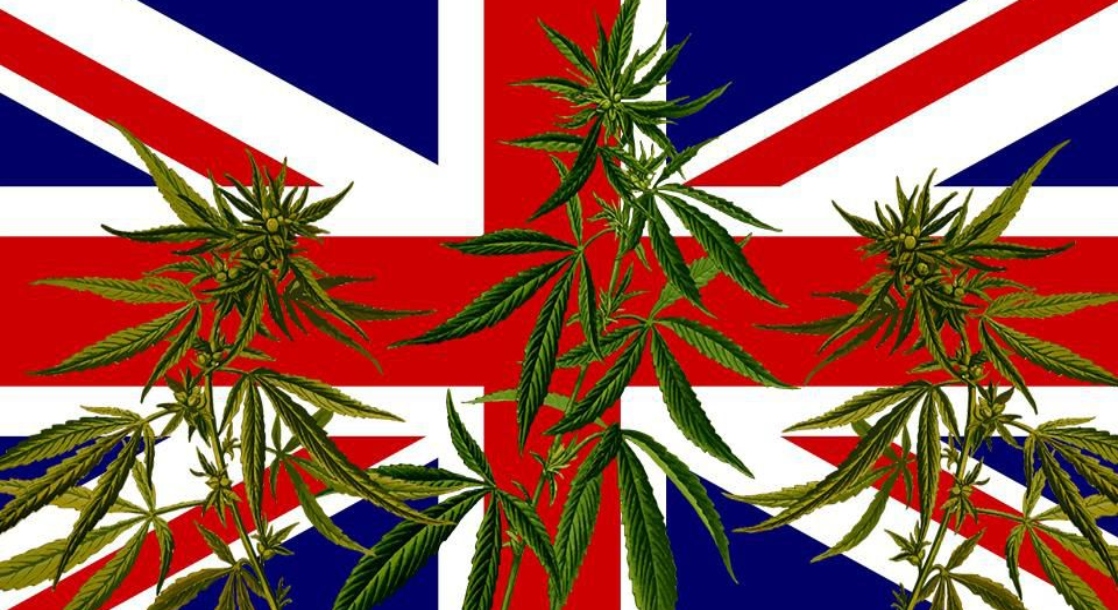Brittney Griner’s detainment in Russia over cannabis oil highlights not just legal risks for international athletes but also the complex interplay between sports, diplomacy, and international law, emphasizing the need for greater athlete protection and potential cannabis legislation reform.
In a startling turn of events that has rippled across sports and global politics, WNBA star Brittney Griner’s detainment in Russia marks a critical moment. Griner’s situation began with what she describes as a “mental lapse,” which led to her traveling with cannabis oil cartridges in her luggage—a decision that would land her in the middle of a geopolitical firestorm.
Brittney Griner, a prominent figure in women’s basketball, found herself detained under Russia’s stringent drug laws, which are known for their severity compared to U.S. standards. The incident not only put Griner’s career on pause but also thrust her into the international spotlight, highlighting the complex interplay between sports diplomacy and international law.

Griner’s detainment quickly escalated from a legal mishap to a political chess piece. The U.S. government stepped in, indicating the seriousness of her case by classifying it as “wrongfully detained,” a designation that moves her case under the supervision of the U.S. Special Presidential Envoy for Hostage Affairs—a clear signal of the political weight it carried. This move underscored the growing concerns about the use of detained foreign nationals as leverage in larger diplomatic negotiations.
The implications of Griner’s situation extend far beyond her individual case. It shines a light on the broader vulnerabilities of international athletes who often navigate complex legal landscapes abroad, sometimes with little guidance. Furthermore, it poses significant questions about the responsibilities of sports organizations to protect their athletes in international settings.

Politically, Griner’s detainment has stirred debates on several fronts. It has prompted discussions about the fairness of using individuals as diplomatic tools and the broader human rights issues at play. Additionally, it has sparked dialogue within the U.S. about the treatment of cannabis-related offenses, both domestically and internationally.
As negotiations for Griner’s release unfold, the incident may lead to a reevaluation of how nations engage with the personal legal entanglements of international figures. It also serves as a stark reminder of the unexpected ways sports can become intertwined with global diplomatic relations.
Brittney Griner’s case is more than just a legal battle; it’s a pivotal moment that could redefine international sports diplomacy, highlight the need for better protective measures for athletes abroad, and potentially influence cannabis legislation reform discussions worldwide. Her situation reminds us that the world of sports is never just about the game—it’s also about the lives, rights, and dignities of the players off the court.











